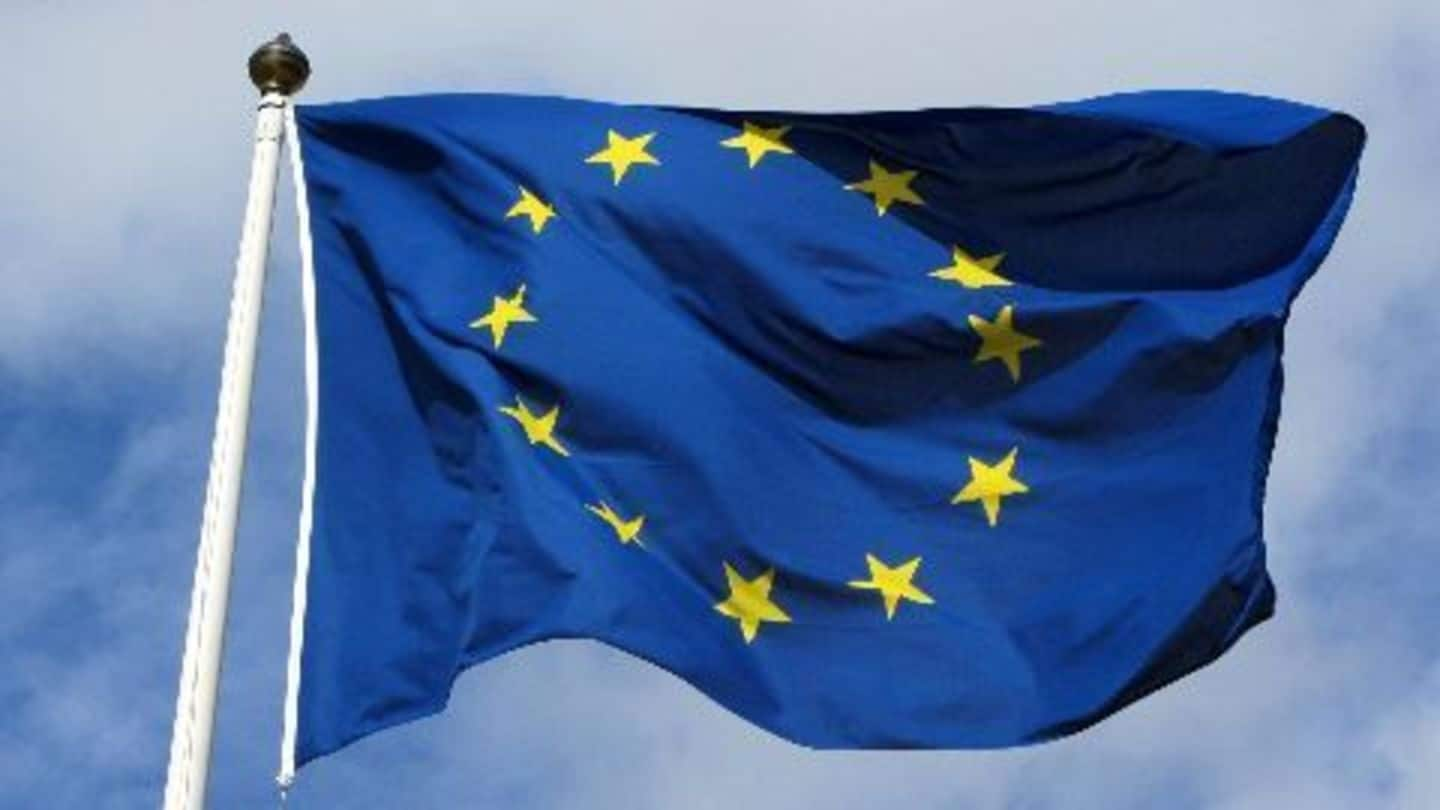
EU to reconsider system of passport-free travel
What's the story
Following the 13 November Paris attacks, many European countries including France, Germany, Austria, Belgium, Netherlands, Hungary, Slovenia, Czech Republic, Slovakia and Sweden have established temporary border controls.
This will effectively nullifying passport-free travel within the EU for the time being.
European Union justice and interior ministers met in an emergency meeting yesterday, vowing to complete French proposals for tighter border security by 2015 end.
Schengen
The Schengen Agreement
The Schengen Agreement signed by a number of European nations on 14 June 1985, and only partially implemented in 1995, sought to abolish border checks at the signatory countries' common borders.
This culminated in the Schengen Area which abolished passport checks at the signatory countries' common borders.
The Schengen Area functions as a single country with a common visa for international travel purposes.
Do you know?
Signatories of the Schengen Agreement
The Schengen Agreement procured the signatures of 26 nations including 4 non-EU members for passport-free travel within the designated area. Only Bulgaria, Croatia, Cyprus, Romania, Ireland and the UK do not fall within the Schengen Area.
Changes
The proposed changes in EU policy
EU ministers, for the first time, have agreed to to share passport data of air travelers within the open-border Schengen Area.
Furthermore, the passport of every EU and third-country national entering the open-border zone will be checked to ensure that the passport has not been stolen.
All passports will be verified with international databases to ensure that the passport-holder has no criminal/terrorist links.
Quote
Border controls 'indispensable' for protection of EU citizens
According to the French Interior Minister, Bernard Cazeneuve, verification of passports with international databases and strengthening controls at external borders of the Schengen Area is "indispensable for the protection of European citizens."
Causes
The causes for change in free-travel policy
The open-border arrangement under the Schengen agreement can only work if the European Union's external borders are properly protected.
However, there are growing fears that terrorists have infiltrated the migrant wave heading to Europe.
The 13 November Paris attacks were carried out almost entirely by European passport holders, who slipped in and out of Syria and into the EU without being checked or identified.